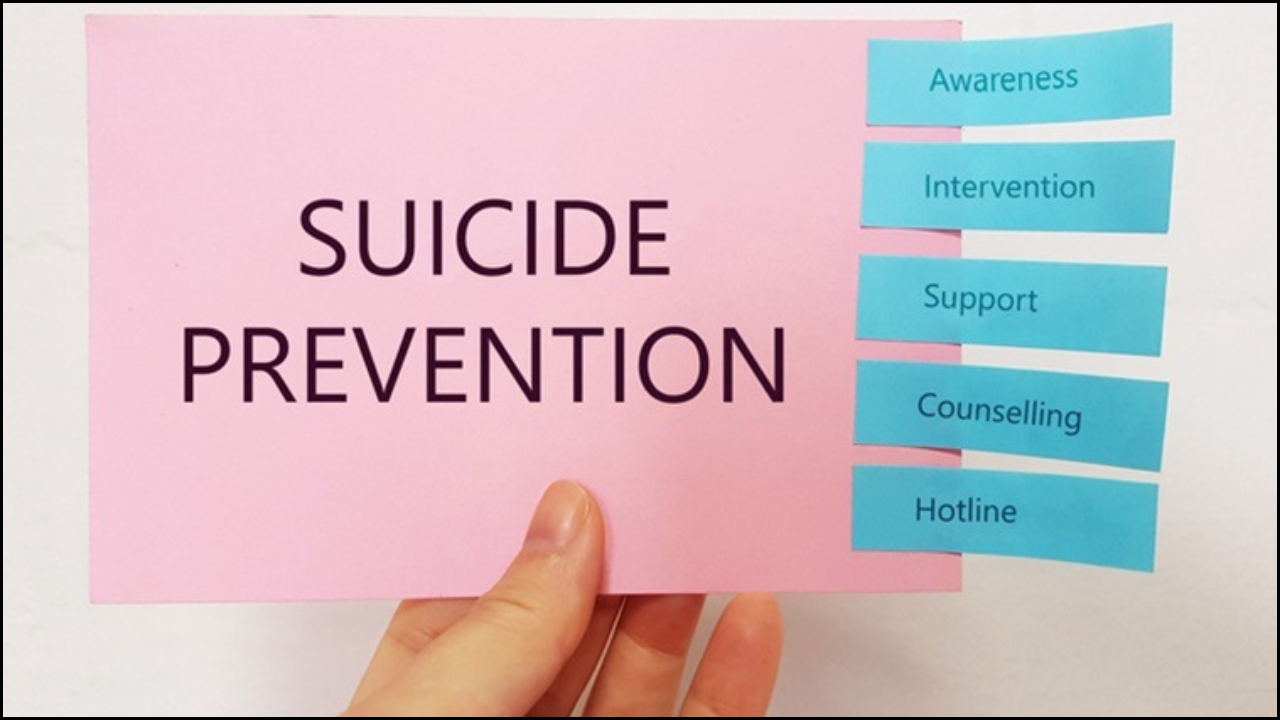
The role of a suicide crisis line volunteer holds deep meaning and purpose. Every call answered can provide comfort, hope, and life-saving support. A suicide crisis line volunteer offers a safe space where individuals in distress can reach out for confidential help. Volunteering in this field not only impacts lives but also builds essential skills in empathy, communication, and crisis intervention. Through structured training, teamwork, and continuous learning, volunteers become part of a compassionate community dedicated to reducing suicide and promoting mental wellness.
Table of Contents
Importance of Suicide Crisis Line Volunteers
- Emotional Support: Volunteers serve as the first point of contact for individuals facing severe emotional pain or suicidal thoughts.
- Crisis Intervention: Timely conversations can help prevent self-harm and connect callers with immediate help.
- Community Impact: A strong crisis response team enhances public mental health resources within the community.
- Skill Development: Volunteers gain experience in crisis communication, active listening, and emergency response.
- Stigma Reduction: Continuous efforts by volunteers help normalize mental health discussions and encourage help-seeking behavior.
Volunteer Role and Responsibilities
Suicide crisis line volunteers act as trained responders who listen empathetically and guide individuals through their emotional struggles. The work requires patience, discretion, and compassion.
- Listening Without Judgment: Volunteers provide a nonjudgmental space for people to express their feelings.
- Assessing Risk Levels: They evaluate the intensity of suicidal thoughts or plans and take appropriate steps.
- Offering Resources: Volunteers connect callers with local resources, mental health professionals, or emergency services when needed.
- Maintaining Confidentiality: All conversations are confidential except in situations involving immediate danger or abuse.
- Documenting Calls: Volunteers maintain accurate records while ensuring privacy standards are upheld.
Eligibility Criteria for Volunteers
Becoming a suicide crisis line volunteer involves commitment and emotional readiness. Candidates should demonstrate maturity, empathy, and stability to handle sensitive conversations.
| Criteria | Details |
|---|---|
| Minimum Age Requirement | Must be 18 years or older |
| Location Served | Monterey, San Benito, and Santa Cruz Counties |
| Commitment Duration | Regular shifts throughout the training and service period |
| Training Sessions | Conducted every Fall and Winter |
| Field Study Acceptance | College students can apply for approved field study placements |
| Language Skills | Bilingual ability (English/Spanish) preferred but not required |
| Background Check | Mandatory before beginning volunteer service |
Volunteer Training Program Overview
Proper training prepares volunteers to handle a range of situations, from mild distress to high-risk emergencies.
- Active Listening Skills: Understanding verbal and emotional cues effectively.
- Crisis Intervention Techniques: Applying structured approaches to manage suicide-related calls.
- Risk Assessment Strategies: Identifying suicidal intent and developing immediate safety plans.
- Cultural Competency: Respecting diverse backgrounds and communication styles.
- Local Resource Awareness: Learning about nearby support centers and emergency services.
- Self-Care Practices: Managing emotional exhaustion and preventing burnout.
Structure of Training Sessions
The volunteer training program is comprehensive and interactive, encouraging peer learning and real-life simulations.
| Training Component | Description |
|---|---|
| Orientation Session | Introduction to the mission, values, and operations of the crisis line |
| Role-Play Exercises | Practice scenarios to enhance empathy and response skills |
| Supervised Calls | Real-time monitoring by trained supervisors |
| Workshops and Seminars | Conducted by mental health professionals |
| Evaluation and Certification | Volunteers assessed before independent service |
Benefits of Becoming a Crisis Line Volunteer
Volunteering at a suicide crisis line offers both personal fulfillment and professional growth.
- Personal Satisfaction: The opportunity to save lives brings a sense of purpose.
- Community Contribution: Volunteers directly impact local mental health outcomes.
- Skill Enhancement: Training improves emotional intelligence and communication abilities.
- Professional Growth: Experience in counseling, psychology, or social work is valuable for future careers.
- Peer Network: Volunteers become part of a close-knit, empathetic community that supports one another.
Confidentiality and Reporting Obligations
While all conversations are confidential, certain situations require mandatory reporting to protect vulnerable individuals.
| Situation | Action Required |
|---|---|
| Immediate Suicide or Homicide Risk | Report to appropriate emergency services |
| Minor Abuse or Neglect | Notify child protective services |
| Elder or Dependent Adult Abuse | Contact adult protective agencies |
| Caller Requests Immediate Help | Connect with local authorities or hospitals |
Confidentiality is a cornerstone of trust, but safety always takes precedence in life-threatening scenarios.
Opportunities for Students and Interns
- Field Study Credit: College students pursuing psychology, social work, or counseling can apply for academic credit.
- Mentorship Opportunities: Experienced responders guide recruits throughout the training phase.
- Career Exposure: Real-life experience enhances understanding of crisis management and community outreach.
- Networking: Interns interact with local professionals and non-profit leaders dedicated to mental health advocacy.
How to Apply for Volunteer Training
Interested individuals can apply through the official Responder Volunteer Training – Fall 2024 contact form. After applying, candidates receive a confirmation email with interview and orientation details.
| Step | Description |
|---|---|
| 1. Application Submission | Complete the volunteer application form |
| 2. Interview and Screening | Participate in a short virtual or in-person interview |
| 3. Acceptance Notification | Receive confirmation of training schedule |
| 4. Training Enrollment | Attend fall or winter training sessions |
| 5. Begin Volunteering | Join the hotline under supervision |
Conclusion
A suicide crisis line volunteer stands as a beacon of hope in moments of despair. Every conversation matters, and every volunteer helps build a safer, more compassionate community. Through structured training, confidentiality, and empathy, volunteers develop the tools to support people in their darkest hours. The journey may be challenging, but the impact made on lives is immeasurable. Becoming part of this mission is not just volunteering—it is transforming lives through the power of listening, understanding, and care.





